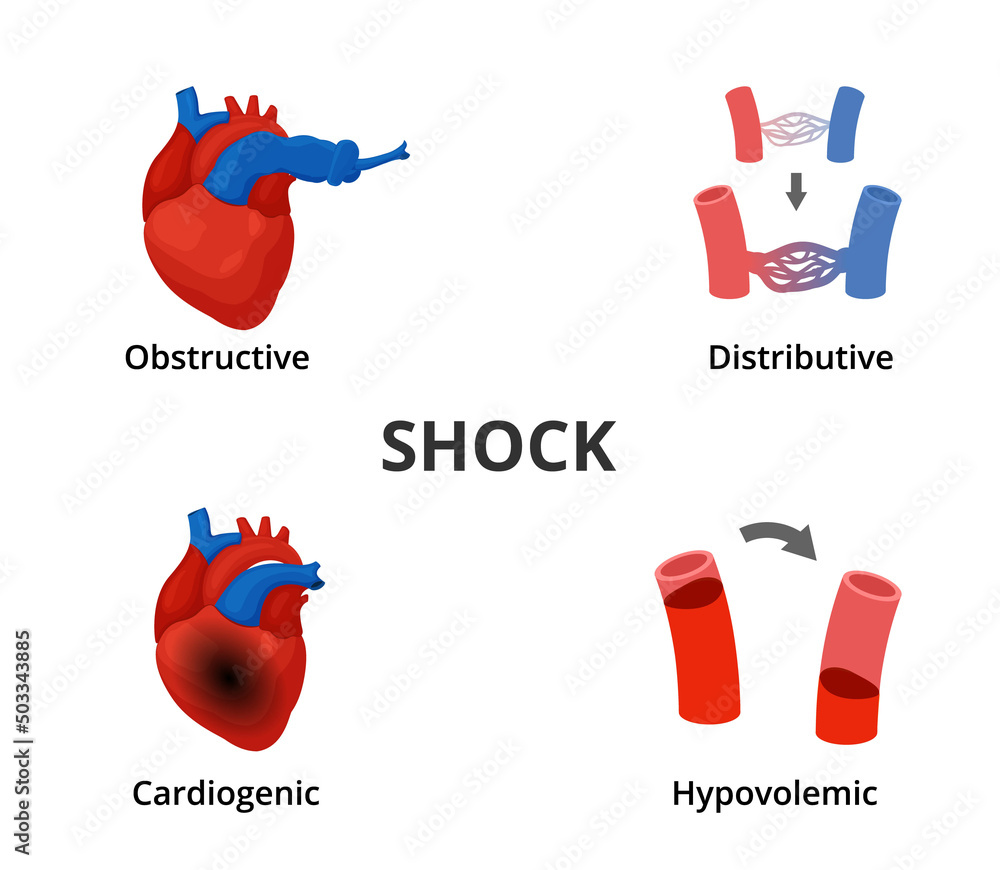Learn how to recognize and treat. Common causes of shock include severe bleeding and severe allergic reactions (anaphylaxis), but shock can develop quickly after any serious injury or illness Shock is a medical emergency and can lead to other conditions such as lack of oxygen in the body's tissues (hypoxia), heart attack (cardiac arrest), or organ damage
- Best Travel Makeup Bag
- Matthew Jay Povich
- Kenneth Petty Nicki Minaj
- Kim Kardashian Exercise Workout
- Katy Pery Bikini
TYPES OF SHOCK PART 1 - YouTube
Shock is the state of insufficient blood flow to the tissues of the body as a result of problems with the circulatory system
Initial symptoms of shock may include weakness, tachycardia,.
Shock is a critical condition brought on by the sudden drop in blood flow through the body Shock may result from trauma, heatstroke, blood loss or an allergic reaction In cases of shock, insufficient blood gets to the organs to supply oxygen and other nutrients The four types of shock are hypovolemic, distributive, cardiogenic, and obstructive.
Circulatory shock leads to cellular and tissue hypoxia resulting in cellular death and dysfunction of vital organs. Lack of blood flow means the cells and organs do not get enough oxygen. Shock is one of the main causes of death in severely ill or injured people Shock requires immediate first aid treatment

If you think someone might be suffering from shock, call.
Shock is a medical emergency that causes several symptoms, some of which are life threatening Learn more about shock and how to treat it in this article. Medical shock may result from carbon monoxide poisoning, congestive heart failure, collapsed lung, heart attack, anemia, dehydration, and more Types of shock include septic,.
Lack of blood flow means the cells and organs do not get enough oxygen and. If you think someone might be suffering from shock, call 911 as soon as. Types of shock include septic, hypovolemic,.


